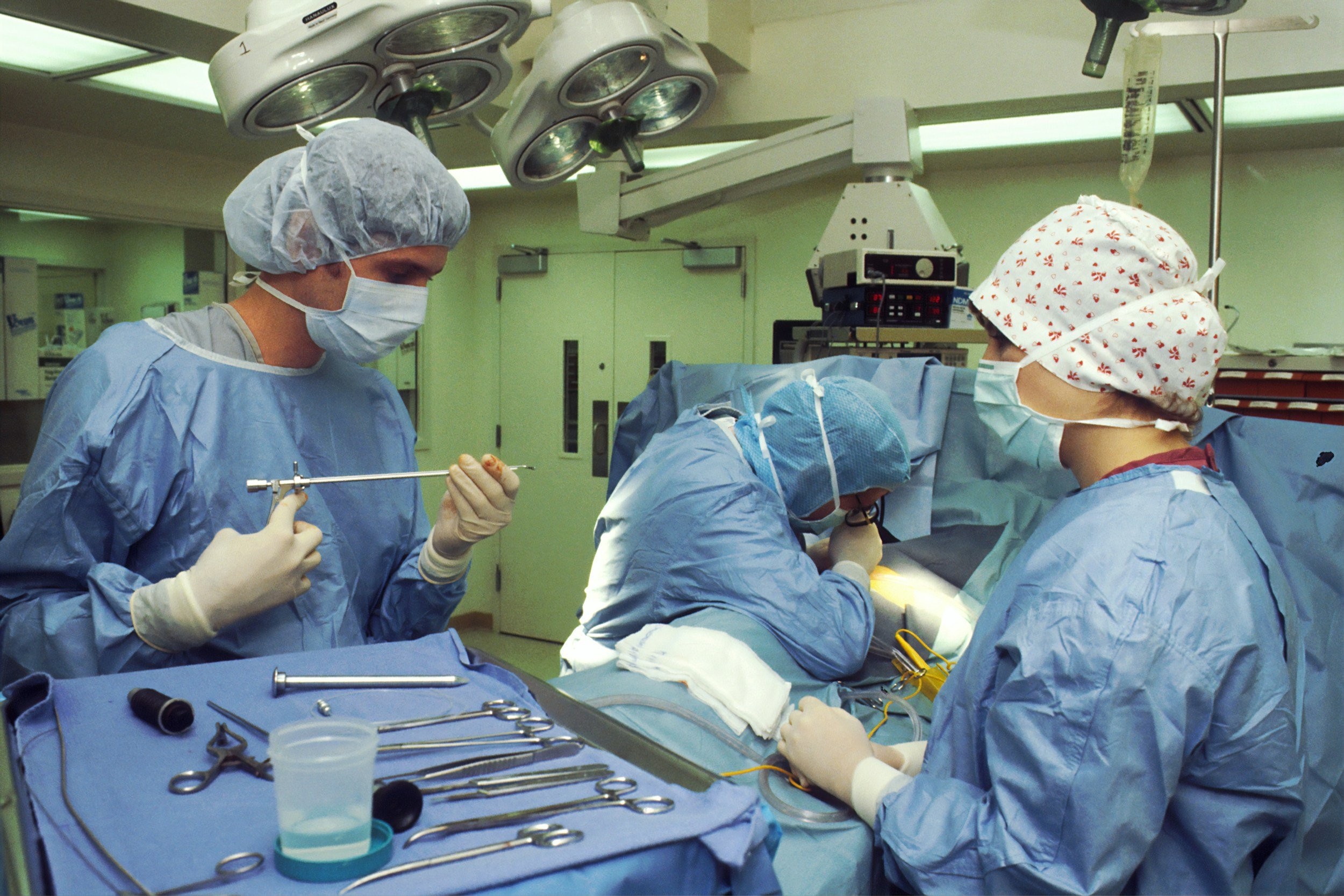My Neighbor’s Dog Bit Me: What Do I Do?
Being bitten by a dog is an unexpected and unsettling experience, especially when the dog belongs to someone you know. In this situation, taking immediate action is important to ensure your safety, manage the wound, and address legal implications. Consulting trustworthy dog bite attorneys can help you navigate these complexities. Here’s a guide to help you understand what steps you should take if your neighbor’s dog bites you.
Assess the Situation
The first thing you need to do is assess the severity of the bite. Dog bites can range from minor scratches to deep wounds that might require immediate medical attention. Take a moment to examine the wound carefully:
Minor Bites: These include superficial scratches or shallow puncture wounds. They might not bleed heavily but can still be at risk of infection.
Severe Bites: Deep punctures or wounds that cause significant bleeding or tissue damage. Seek emergency medical care promptly.
Provide First Aid
Once you’ve assessed the bite, it's crucial to administer first aid to reduce the risk of infection:
Wash the Wound: Use soap and warm water to clean the bite area gently. This helps remove bacteria and debris.
Apply Antiseptic: After cleaning, apply an antiseptic solution or ointment to the wound to disinfect it further.
Stop the Bleeding: If the wound is bleeding, apply gentle pressure with a clean cloth or bandage until it stops.
Cover the Wound: Once the bleeding is under control, cover the bite with a sterile bandage or gauze to protect it from dirt and germs.
Seek Medical Attention
Even if the bite appears minor, seeking medical attention to rule out infections or complications is wise. A healthcare professional can provide additional care and decide if you need:
Tetanus Shot: If it’s been more than five years since your last tetanus shot, or if the wound is deep or dirty, you might need a booster.
Rabies Vaccination: Rabies is a rare but serious concern. If you inform your doctor about the dog's vaccination status, they may recommend a rabies vaccination as a precaution.
Antibiotics: A doctor may prescribe antibiotics to combat bacterial infections in deeper wounds or those showing signs of infection.
Document the Incident
While receiving medical care, begin documenting the incident for future reference. This step is vital if you need to pursue legal action or insurance claims:
Take Photos: Capture clear images of the injury, location, and damage to your clothing or property.
Write a Description: Note your recollection of the incident, including the time, location, and how the bite occurred.
Gather Witness Information: If there were witnesses, obtain their contact information and ask them to provide statements about what they saw.
Notify the Dog's Owner
After handling the initial aftermath, inform the dog’s owner about the incident. This conversation should be straightforward and focus on gathering essential information:
Vaccination Records: Ask the owner for proof of the dog’s vaccination history, especially for rabies.
Insurance Information: Inquire if the owner has insurance coverage that might apply to the situation.
Discuss the Incident: Be clear about your experience and any injuries sustained. Avoid making accusations or escalating tensions.
Report the Bite
Consider reporting the bite to local authorities, such as animal control or the police. This is especially crucial if the dog has a history of aggression or remains a threat to others:
Animal Control: They can investigate the incident and determine if the dog is dangerous to the community.
Police Report: In some cases, filing a police report might be necessary, especially if legal action is anticipated.
Explore Legal Options
Depending on the circumstances, you may want to consult with a personal injury attorney to understand your rights and options. Reliable dog bite attorneys can guide you through potential legal proceedings and help determine if you are entitled to compensation for medical bills, lost wages, or emotional distress.
Negligence Claims: If the dog owner fails to control or restrain their pet, they might be liable.
Strict Liability Laws: Some jurisdictions hold dog owners strictly liable for bites, meaning they are responsible regardless of the dog's past behavior.
Conclusion
Experiencing a dog bite can be both physically and emotionally distressing. Following these steps ensures your well-being while effectively positioning yourself to handle legal or financial implications. Acting promptly, seeking medical care, and documenting the incident thoroughly is crucial. Doing so safeguards your health and strengthens your case should you pursue further action. If you’re unsure about the next steps, consider contacting a legal professional who can offer guidance tailored to your situation.






